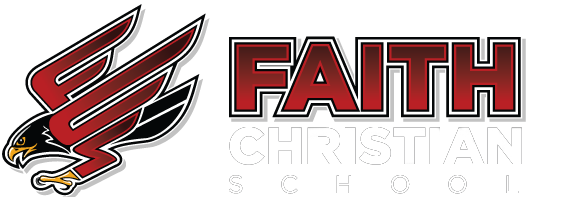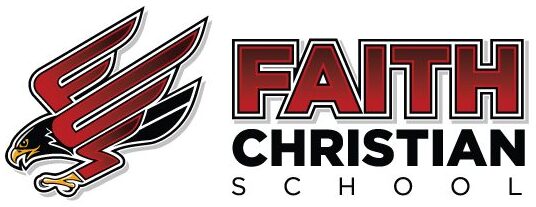Looking to Science
“Follow the scientists and the science.” Joe Biden March 11, 2021
“In New York we follow the science.” Governor Andrew Cuomo November 11, 2020
“What we would try and do from a unifying message is that we’re going to follow science here. We’re going to focus on health and safety.” Governor Doug Ducey August 2020
Follow the Science
Over the course of the last two years, we have heard many people tell us that we need to follow the science. I can’t count the number of times I have heard it from politicians and newscasters on the radio. “Follow the Science.” It sounds so rational and reasonable. Why wouldn’t anyone want to do that?
Now don’t get me wrong, I believe that science can do a lot for us. I wouldn’t be teaching science if I believed otherwise. Scientific inquiry can do great things for us and answer many of our questions. Without scientific inquiry, we would be missing many of the things we take for granted today:
- Modern medicine means that people don’t die anywhere near as often as they used to.
- The internet has given anyone with a wi-fi connection access to a whole world of information at a rate that makes libraries seem irrelevant to many.
- Automobiles make it so that we can travel many miles in a day to go to work and come back home that same day. (Imagine trying to bike your commute every day)
- Computers and machines are able to make work so much easier for us.
My Concern is This…
When I see bumper stickers or signs in people’s yards saying that we follow science (perhaps you’ve seen one), I worry that we have elevated science to a position it shouldn’t be in. There are a group of secular scientists who have called themselves the Brights. You can find a website devoted to the Bright movement here.
Science has many answers, but it does not have all the answers. My students groan each year as we start by identifying what science is and what it is not. I discuss it because it is important for us to have a proper understanding of science.
What Science is Not…
Unchanging/firm
Science is constantly changing due to the introduction of new information. As we gain new technologies and better ways to measure things, we learn more and are required to fix our understanding of science. For example, our understanding of the essential elements that make up our world has changed multiple times. We started with four elements (Earth, Wind, Fire, and Water) in the time of the Ancient Greeks. Then we started to test things and found that that none of those are truly an individual element. The periodic table changed multiple times until we have our current system which we are still working to discover new elements.
As time goes by, science is forced to change to respond to new information, so we cannot say that it will never change. I warn my students that someday someone may come along who proves that one of the things that I taught them is incorrect (some of them have even vowed to try to prove me wrong, they know who they are).
A moral compass
Science cannot tell us what right and wrong is. It can tell us about what something is made of or try to give some approximation of the value of something. But it cannot tell us what is right or wrong. Look at medical testing, I shared an article with my students last week about how some scientists surgically removed parts of monkeys’ brains in order to study the response. Is this right or wrong? Science can only tell us what happened as a result. We need to look elsewhere for the morality of the deed.
Infallible
Science is a tool that is used by fallible people. People can intentionally or unintentionally (through mistakes) alter the data collected. They are also capable of misinterpreting data due to bias (consider how both Christian and secular scientists use the same information when discussing creation vs. evolution). The unfortunate result is that science can and does make mistakes.
Science can also disagree with itself due to different people being involved. Think about the mask debate that started when covid began. If you want a more light-hearted and delicious example, look up scientific articles on whether bacon is bad for your health.
I can go on, but….
There are more limitations that are inherent in science. But the key point that I am trying to make is that science is not God. We can and should use science to learn about the world and guide us. But we cannot base our lives around what science is telling us this week. We need to recognize that science is constantly changing (shifting sands anyone?) and base our lives on something that is firm and unchanging, I feel like the Bible might have some kind of story or parable about that.







